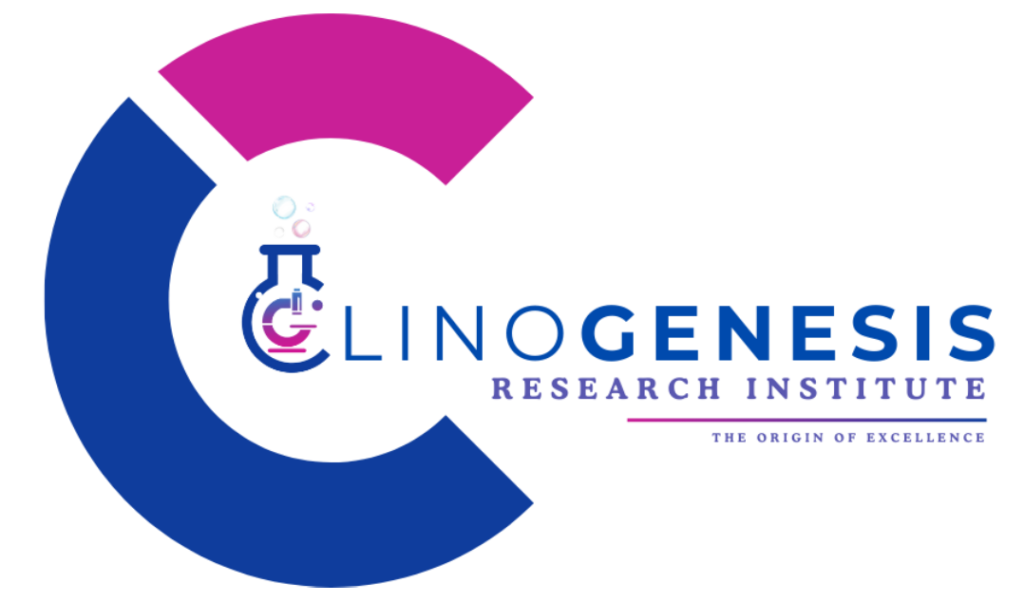Overview
- What is medical billing? (Definition and importance)
- How medical billing works: Step-by-step explanation
- Why medical billing is critical in healthcare
- The role of medical billing professionals
- Benefits of pursuing a career in medical billing
- How ClinoGenesis Research Institute can help you become a certified medical billing professional
What is Medical Billing? A Simple Explanation
Medical billing is the process of translating healthcare services into financial claims to ensure that healthcare providers receive payment for their work. In simple terms, it bridges the gap between doctors, patients, and insurance companies.
But wait, you might wonder: why is this process even necessary? The answer lies in the complexity of healthcare systems. Hospitals and clinics provide services, but these need to be documented, coded, and submitted to insurers for payment. Without medical billing, the financial side of healthcare would collapse.
How Does Medical Billing Work? A Step-by-Step Process
Medical billing might sound like a simple clerical job, but it’s far from it. It involves several key steps, each of which requires precision and attention to detail:
- Patient Registration: Everything begins when a patient walks into a clinic or hospital. Their basic information, like name, address, insurance details, and medical history, is collected and documented.
- Insurance Verification: Once registered, the patient’s insurance details are verified. This ensures that the services provided are covered by their insurance plan and identifies out-of-pocket costs, if any.
- Medical Coding: Medical coding is a critical part of the process. Healthcare services and diagnoses are translated into specific alphanumeric codes, such as ICD (International Classification of Diseases) and CPT (Current Procedural Terminology) codes.
- Claim Submission: After coding, a claim is prepared and submitted to the patient’s insurance company.
- Payment Processing: Insurance companies review the claim. If approved, payments are processed and sent to the healthcare provider. In case of denials, the claim may need to be resubmitted with corrections.
- Follow-Up and Collections: Billing professionals follow up on pending claims, address denials, and, if necessary, work on collecting outstanding balances from patients.
Why is Medical Billing Important in Healthcare?
You may be wondering: “Why all this effort?” The importance of medical billing lies in its ability to ensure:
- Financial Sustainability: Without proper billing, hospitals wouldn’t get paid for their services, affecting their operations.
- Patient Accessibility: Accurate billing ensures patients are charged only what’s fair and covered by their insurance.
- Compliance with Laws: Medical billing adheres to healthcare laws and regulations like HIPAA, ensuring patient data remains protected.
The Role of a Medical Billing Professional
Medical billing professionals are the unsung heroes of the healthcare system. They are responsible for ensuring that claims are accurate, timely, and compliant with regulations.
Here’s what a day in the life of a medical biller looks like:
- Reviewing patient records for accuracy
- Assigning correct codes for services provided
- Submitting claims and following up on denials
- Communicating with insurance companies and patients
Medical billers also stay updated with changing healthcare policies and codes. According to Health Affairs, the global medical billing outsourcing market is expected to grow significantly, highlighting the demand for skilled professionals.
Why Consider a Career in Medical Billing?
If you’re searching for a rewarding and stable career, medical billing might be your answer. Here’s why:
- High Demand: With the growing complexity of healthcare systems, the demand for medical billers is skyrocketing.
- Job Stability: Healthcare is a recession-proof industry, and medical billing is an integral part of it.
- Good Salary Packages: Entry-level positions offer competitive pay, with opportunities for growth.
- Work-from-Home Opportunities: Many companies offer remote roles for billing professionals, adding flexibility to your work-life balance.
- Short Training Period: You don’t need years of education; certification programs can get you job-ready in months.
How Can You Start Your Journey in Medical Billing?
To start a career in medical billing, you need the right training. That’s where institutes like ClinoGenesis Research Institute come into play.
Why Choose ClinoGenesis Research Institute?
- Training: Their courses cover everything from medical coding and insurance processes to compliance regulations.
- Experienced Trainers: Learn from industry experts with years of hands-on experience.
- Placement Assistance: Get access to job opportunities in leading hospitals and healthcare firms.
- Flexible Learning Options: Online and offline classes are available to suit your schedule.
Is Medical Billing Your Next Career Move?
Medical billing is more than just paperwork; it’s the financial engine of healthcare systems. If you’ve ever wondered, “What is medical billing?”—hopefully, this guide has answered your question and shed light on its significance.
Whether you’re looking for a stable job, a flexible career, or an entry into the healthcare industry, medical billing offers it all. With the right training, like the courses offered at ClinoGenesis Research Institute, you can turn this opportunity into a fulfilling career.




